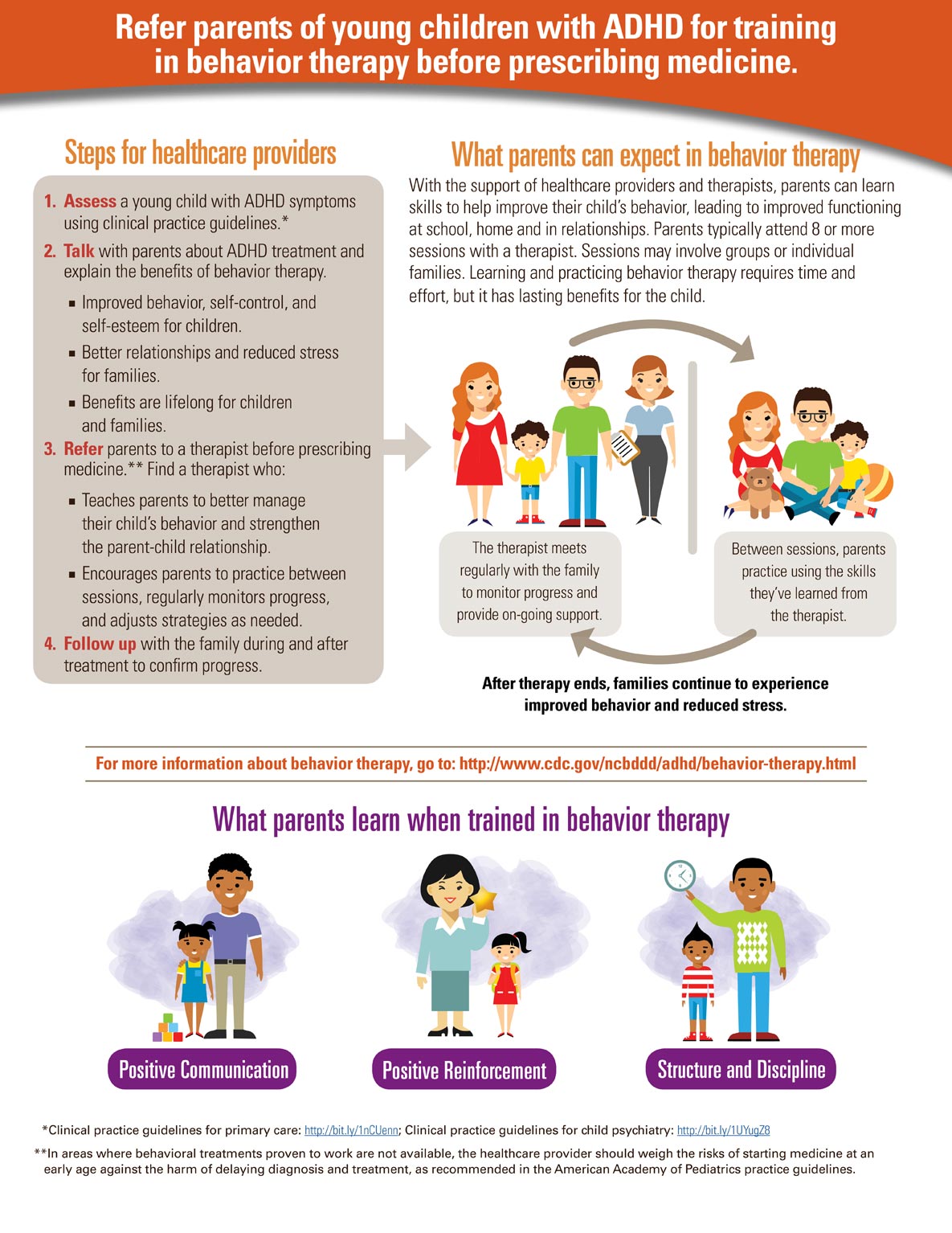Incorporating mindful movement into daily routines is another effective strategy. Activities such as yoga, tai chi, or even simply going for a mindful walk can help individuals with ADHD channel their energy in a constructive way. These activities encourage physical awareness and can enhance focus by promoting a sense of calm and grounding. Engaging in mindful movement allows individuals to connect their mind and body, creating a feeling of balance that can be particularly beneficial for those with ADHD.

One of the most effective coping strategies is establishing a structured routine. Individuals with ADHD often struggle with impulsivity and distractibility, which can lead to disorganization. Setting a consistent daily schedule can provide a sense of stability and predictability. Utilizing planners, digital calendars, or reminder apps can help individuals break down tasks into manageable steps and allocate specific times for each activity. This not only aids in time management but also reduces the anxiety that can come from feeling overwhelmed.
Holistic Approaches to ADHD Management
Increased ADHD awareness highlights the value of holistic treatment strategies. A comprehensive ADHD strategy integrates medication, mindfulness, and lifestyle adjustments.
The Role of Nutrition in ADHD brain
exercises [
tumblr.com] Management
Nutrition-based strategies are gaining attention for improving ADHD-related focus. Omega-3s and antioxidant-rich diets support ADHD cognitive function. Diet and physical activity together promote ADHD focus and overall health.
How to Practice Mindfulness Daily
Mindfulness can seamlessly fit into daily routines, aiding ADHD symptom management. Mindful activities like yoga and tai chi are excellent for children with ADHD. Mindful physical activities improve health and teach ADHD-friendly focus techniques. "Mindfulness doesn’t have to be time-consuming or complicated. Even a few minutes of focused breathing or a short walk in nature can make a difference," Dr. Thompson adds.
In an age where mental health awareness is on the rise, Attention Deficit Hyperactivity Disorder (ADHD) remains a topic of concern for many families and individuals. Traditionally, ADHD has been managed through a combination of medication, therapy, and lifestyle changes. However, a growing body of research suggests that mindfulness techniques can be a valuable tool in the management of this condition, offering individuals a way to enhance focus, reduce impulsivity, and improve emotional regulation.
Mindfulness Techniques and Their Benefits
Mindfulness builds awareness through activities such as deep breathing and meditation. Dr. Sarah Thompson notes, "Mindfulness teaches ADHD individuals to pause and reflect, improving their emotional understanding and control."
Creating Stability with ADHD Routines
Structured
routines are among the most effective tools for managing ADHD symptoms. ADHD individuals benefit from environments with predictable routines and clarity. Daily schedules with set times for activities like meals and sleep promote stability for ADHD users. Utilizing tools like planners, calendars, or digital reminders can also help keep individuals on track and reduce anxiety associated with forgetfulness or time management.
Research has shown that mindfulness techniques can have a profound impact on individuals with ADHD. Studies indicate that regular mindfulness practice can enhance attention span, increase emotional regulation, and improve overall well-being. Mindfulness exercises, such as meditation, deep breathing, and body scanning, help individuals cultivate a greater awareness of their thoughts and feelings, enabling them to respond to situations with greater clarity and control.
Mindfulness practices have also gained popularity among those with ADHD. Techniques such as meditation, deep breathing exercises, and yoga can assist in improving concentration and reducing impulsivity. Mindfulness encourages individuals to be present in the moment, which can counteract racing thoughts and distractions. Incorporating these practices into a daily routine can promote emotional regulation and enhance overall well-being.
In conclusion, mindfulness techniques offer valuable tools for individuals managing ADHD. By fostering awareness, enhancing focus, and promoting emotional regulation, these practices can empower individuals to navigate daily challenges more effectively. As awareness of ADHD continues to grow, integrating mindfulness into treatment plans presents a promising avenue for improving quality of life for those affected by this condition. Whether through breath awareness, body scanning, mindful movement, or utilizing technology, the journey toward enhanced focus and emotional balance is within reach.
Traditionally, ADHD treatment has relied on medications like methylphenidate and amphetamines. While these drugs can improve attention and decrease impulsivity, they are not a one-size-fits-all solution. Side effects and limited efficacy lead some ADHD patients to seek alternative treatments. Consequently, researchers have been exploring alternative methods to enhance focus and productivity in individuals with ADHD.